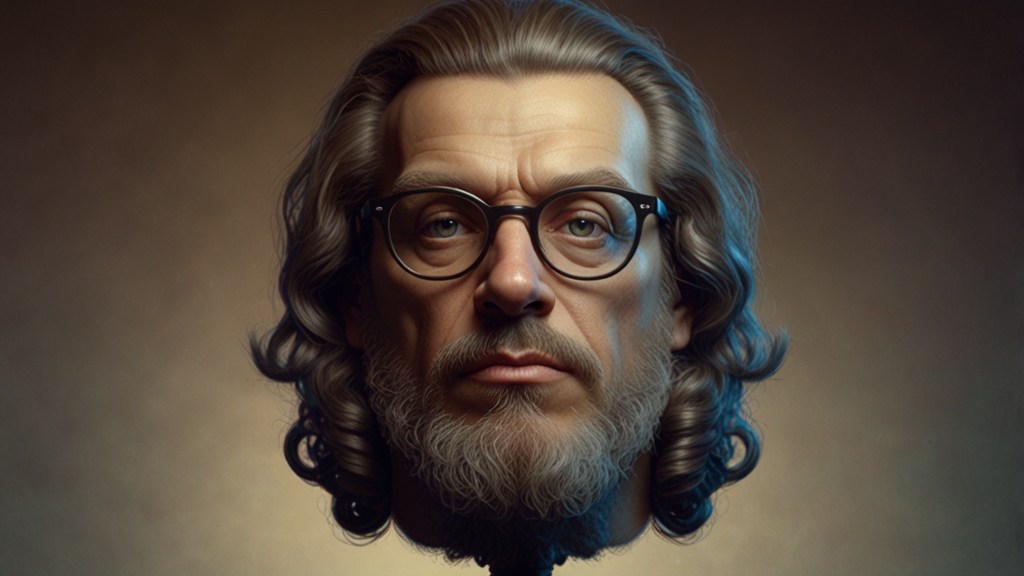The Role of Creation Stories in Shaping Human Identity
Throughout human history, creation stories have played a central role in shaping the identities of individuals and communities. These narratives, often woven with myth, legend, and symbolic meaning, provide a foundational understanding of existence, elucidating the origins of the world, humanity, and societal values. They are more than simple tales; they are the keystones of culture, philosophy, and shared human experience.
Understanding Creation Stories
Creation stories, or cosmogonies, are ancient narratives that explain the beginning of the world and the emergence of life. Found in every civilization, these stories vary widely in their details but often share common themes such as the involvement of divine entities, the transformation from chaos to order, and the establishment of moral and ethical guidelines. Examples include the Babylonian "Enuma Elish," the Hindu "Rigveda," the Greek "Theogony," and the Judeo-Christian Genesis account.
"In the beginning, God created the heavens and the earth. Now the earth was formless and empty, darkness was over the surface of the deep, and the Spirit of God was hovering over the waters. And God said, 'Let there be light,' and there was light." - Genesis 1:1-3
Shaping Cultural and Personal Identity
Creation stories are instrumental in forming cultural and personal identity. They help individuals and communities understand their place in the universe, their relationship with the divine, and their interactions with nature and each other. By instilling a sense of belonging and purpose, these narratives reinforce communal bonds and transmit core values across generations.
For instance, in Native American cultures, creation stories often emphasize harmony with nature and interconnectedness with all living beings. These principles are not merely abstract ideals but practical guidelines that influence daily life, social structure, and environmental stewardship.
The Influence on Ethics and Morality
Many creation stories are infused with moral lessons and ethical teachings. They often address questions about human nature, good and evil, and the consequences of actions. In doing so, they serve as a moral compass, guiding behavior and decision-making within a society.
The story of Adam and Eve, for example, found in the Genesis account, is not just about the origin of humanity but also conveys profound messages about temptation, disobedience, and the pursuit of knowledge. Such narratives invite reflection and offer frameworks for interpreting human experiences and moral dilemmas.
"Do not follow where the path may lead. Go instead where there is no path and leave a trail." - Ralph Waldo Emerson
Myth and Modern Identity
In the contemporary world, creation stories continue to influence human identity, although often in more subtle ways. Modern literature, film, art, and even science often draw on these ancient narratives, reinterpreting them to address current issues and themes. By engaging with these timeless stories, individuals find ways to connect with their roots and navigate the complexities of modern life.
Moreover, the globalized nature of today's society allows for the cross-pollination of different creation stories, fostering a greater understanding and appreciation of diverse cultural perspectives. This exchange enriches global identity and promotes a shared sense of humanity.
Conclusion
The role of creation stories in shaping human identity is profound and enduring. These narratives provide a sense of origin, meaning, and direction, influencing cultural values, moral frameworks, and personal beliefs. As foundational elements of human civilization, they continue to resonate through the ages, reminding us of our shared heritage and the enduring quest to understand our place in the cosmos.







